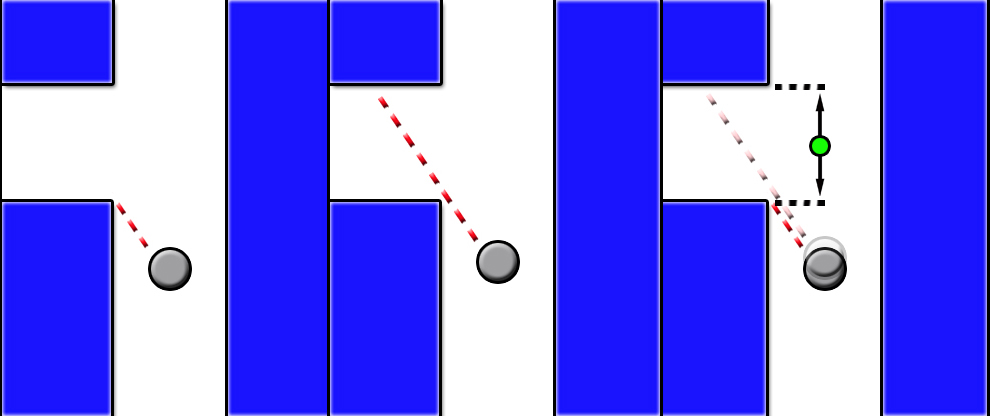Embedded Motion Control 2012 Group 2
Group Members
| Name | ID number | |
|---|---|---|
| T.H.A. Dautzenberg | 0657673 | T.H.A. Dautzenberg |
| V.J.M. Holten | 0655090 | V.J.M. Holten |
| D.H.J.M. v.d. Hoogen | 0662522 | D.H.J.M. v.d. Hoogen |
| B. Sleegers | 0658013 | B. Sleegers |
| Mail to all |
Tutor: Janno Lunenburg
Project Progress
Week 1
- Installation of Ubuntu, ROS and Eclipse
- C++ tutorial
Week 2
- ROS tutorial
- Meeting 1 with tutor
- Read Chapter 1 and 4 of Real-Time Concepts for Embedded Systems
- Made a presentation of Ch. 4 for lecture 2 [Slides]
- Prepared the lecture about Ch. 4
Week 3
- ROS tutorials continued
- Looking up useful information and possible packages on the ros website
- Formulating an idea to tackle the problem
- Trying to run and create new packages but running into some problems
- Presented Ch. 4
- Extra research regarding the API and Linux scheduler, as requested by Molengraft
Week 4
- Created a node which makes sure Jazz doesn't collide with the walls
- Created a node which enables Jazz to make the first left corner
- Research on different maze solving algorithm's
- Presented extra research regarding the API and the Linux scheduler briefly
Week 5
- Trying to create the path detection and autonomously cornering
Components Needed
- Wall detection
- Laser scan data: Done!
- Arrow detection
- Camera data
- Path detection (openings in wall and possible driving directions)
- Laser scan data
Mapping (record traveled route and note crossroads)(we will probably not use this anymore)- Control center (handels data provided by nodes above and determines the commands sent to the Jazz robot)
Strategy
- use the laser pointing forward to detect dead-ends, then turn 180 degrees.
- use lasers pointing left & right to keep the robot in the middle of the path.
- use lasers pointing 45 degrees left and right to detect corners. If there is a 'jump' in the data, there is a corner. The new and old laserdata are then used to create a setpoint in the middle of the corner to which it will drive. It will then turn left/right 90 degrees and start driving again until it detects a new corner.
- we will probably use the right turn algorithm.
- use 2 nodes. One for the camera (which still has to be done) and the other node for the rest (corner detection, decision making, etc.). This is because the arrow detection should run at a much lower frequency due to the large amount of data.
